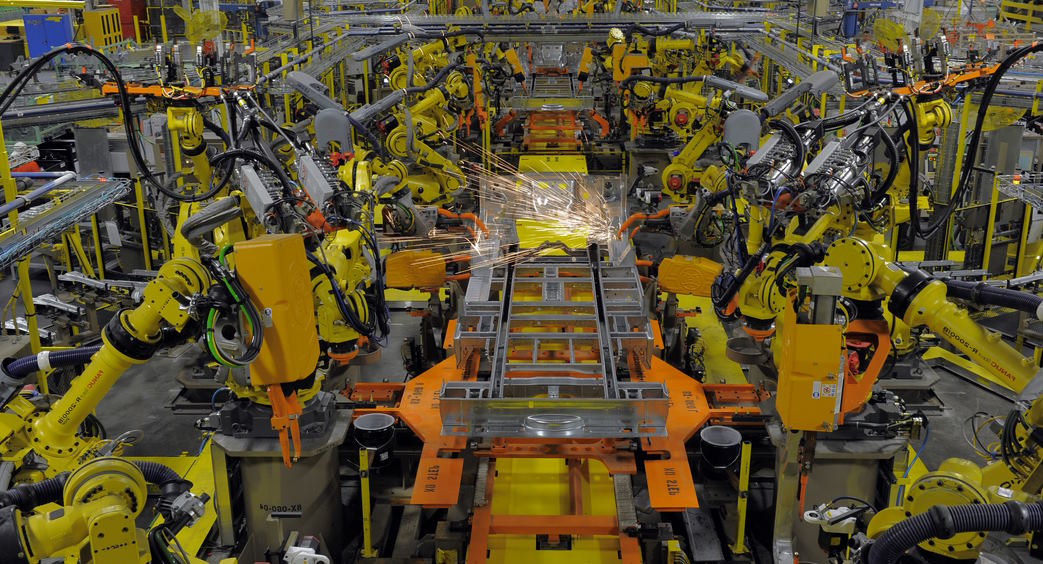The world of technology is constantly evolving, and automation has become a vital aspect of this industry. From software development to manufacturing, automation has transformed the way businesses operate, leading to increased efficiency and productivity. However, the increasing use of automation in the tech industry has raised concerns about its impact on the workforce. While automation has undeniable advantages, such as improved accuracy and cost reduction, it also poses a threat to jobs, causing job displacement and skill gaps. This article explores the impact of automation on the workforce in the tech industry, examining both its advantages and disadvantages and discussing the changes in job roles and responsibilities that come with it. Furthermore, the article highlights the need for upskilling and reskilling and addresses the role of employers in addressing the impact of automation on their workforce.
Advantages of Automation in the tech industry
Automation has revolutionized the tech industry in various ways, providing numerous advantages to businesses and their employees. One of the most significant benefits of automation is increased productivity. With automated processes, businesses can complete tasks faster and more efficiently, freeing up time for employees to focus on other important tasks. This increased productivity can lead to faster development cycles, quicker delivery of products and services, and an overall improvement in business operations.
Another advantage of automation in the tech industry is improved accuracy and quality of work. Automated systems are designed to execute tasks with precision and consistency, resulting in fewer errors and a higher quality of work. This is especially important in fields such as software development and manufacturing, where even minor mistakes can have significant consequences. Automation reduces the risk of human error, leading to improved customer satisfaction and better outcomes for businesses.
Cost reduction is yet another advantage of automation in the tech industry. Automated systems can perform tasks around the clock without requiring breaks or time off, reducing labor costs. Additionally, automation can help reduce waste, optimize production processes, and improve inventory management, leading to significant cost savings.

Disadvantages of Automation in the tech industry
While automation in the tech industry provides significant advantages, there are also some disadvantages to consider. One of the most significant drawbacks is job displacement. As automated systems take over tasks previously performed by humans, many jobs may become redundant, leading to unemployment and the need for retraining or upskilling. This can cause significant financial and emotional stress for individuals and communities, and it is important for businesses to address these concerns.
Another disadvantage of automation is the potential for skill gaps. As jobs become automated, employees must develop new skills to keep up with changing demands. This can be challenging for some employees, particularly those who may not have access to training or resources. It is essential for businesses to prioritize training and development to ensure their workforce has the skills needed to succeed in an increasingly automated industry.
Finally, resistance to change can also be a significant disadvantage of automation. Some employees may be hesitant to adopt new technologies, leading to a reluctance to learn new skills and adopt new practices. This can result in resistance to change, which can hinder productivity and the successful implementation of automated systems.

The future of Automation in the tech industry
The future of automation in the tech industry is bright, with many potential advances in technology that could lead to even more automation. Artificial intelligence and machine learning, for example, have the potential to revolutionize the way businesses operate, leading to even more significant productivity gains and cost savings. However, it is important to consider the ethical implications of such advances, particularly regarding the impact on the workforce.
One key ethical consideration is the potential for increased job displacement. As automation continues to advance, more and more jobs may become redundant, leading to higher unemployment rates and social and economic inequality. It is crucial for businesses to prioritize ethical considerations when implementing automated systems, taking steps to mitigate the impact on their workforce and ensure a smooth transition.
Alternative solutions to automation also exist, such as job sharing or reduced work hours. These solutions can help reduce the impact of automation on the workforce while still reaping the benefits of increased productivity and efficiency. It is important to explore alternative solutions and consider the impact on all stakeholders when implementing automated systems.


